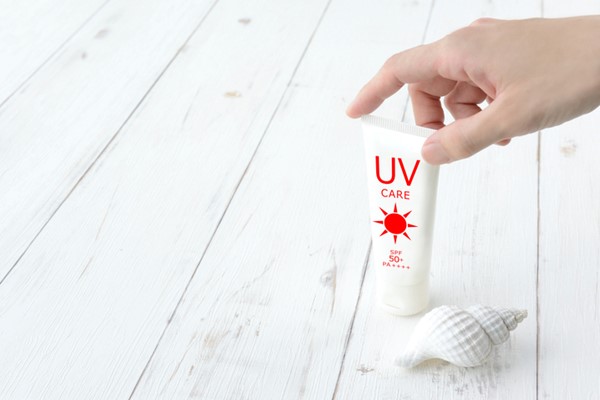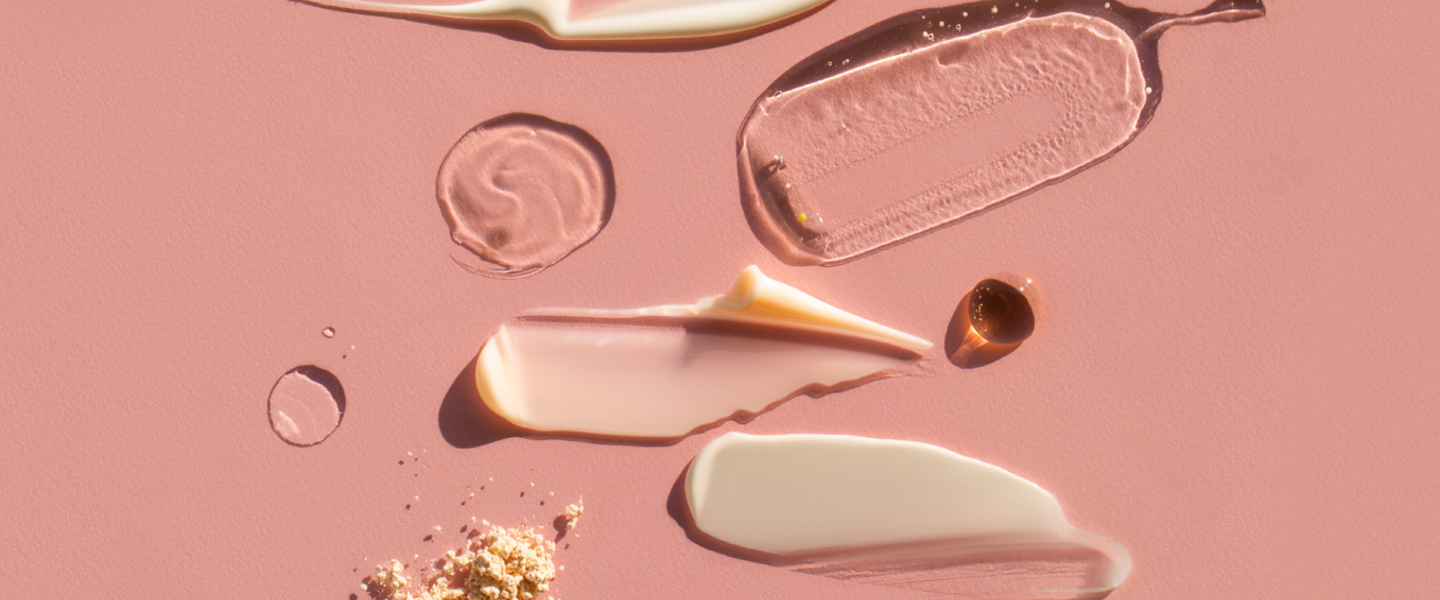- Magazine
- Personal care and consumer goods
- Why should you choose silicones for sun protection products?
Why should you choose silicones for sun protection products?
Silicones have long been a benchmark for performance in sun protection formulations, and for the moment the ‘natural beauty’ movement is making it more important to help consumers make an informed choice.
In recent decades, the harmful effects of UV exposure on skin health – and particularly its ability to result in premature aging – have become better understood. As a result, consumers are very familiar with the considerable benefits that sunscreen and other sun protection products can provide.
However, although that broad picture has stayed the same, the active ingredients used in sunscreens have shifted. Whereas the main UV filters used to be organic chemicals such as avobenzone and oxybenzone, these days you’re much more likely to find inorganic minerals such as zinc oxide or titanium dioxide being used.
A tale of two trends: Inorganic UV filters and ‘natural beauty’

And this is where the trend for mineral-based UV filters converges with another trend in the personal care industry – ‘natural beauty’.
This is because, with its prioritization of nature-based ingredients, natural beauty can occasionally conflict with customer expectations, leading to some interesting dynamics. For example, relying solely on natural components can lead to sunscreens that are difficult to spread and that leave visible white streaks.
Striking the right balance between natural ingredients and effective performance therefore remains a nuanced challenge for cosmetic formulators.
The benefits of silicones for sun protection products
While silicones are not considered ‘natural’ products due to the chemical processes involved in their production, they are largely derived from the naturally-occurring mineral silica. They also have a long history of use in personal care, and are proven to be safe and effective.
Silicones play a crucial role in enhancing sun protection products, especially those containing inorganic UV filters, because they improve spreadability, reduce the white cast often associated with mineral sunscreens, and ensure a pleasant application experience. As a result, silicones are essential for fully meeting consumer performance expectations, and so ensuring product adoption and loyalty.
We therefore think that it’s important to make an informed choice, so here are our top six benefits of silicones in sunscreens with inorganic UV filters:
- Uniform coverage: Silicones are easy to spread across the skin, helping to achieve quick and even sunscreen coverage for optimum sun protection, and avoiding the pale, chalky cast caused by excess mineral UV filters.
- Feel-good application: Silicones are lightweight and non-greasy, avoiding the heavy, greasy feel that you can get after applying some sunscreens.
- Efficiency: Silicones are effective in dispersing mineral sun filters; a few percent can make a significant difference.
- Skin-friendly ingredient: Silicones are hypoallergenic, making them suitable for a wide range of consumers.
- Regulatory compliance: At Elkem, we make strenuous efforts to ensure that our silicones comply with all the relevant safety and environmental regulations; in fact, they’re one of the most safety-tested classes of materials used in personal care.
- Natural abundance: Silicones are derived from silica, which is found naturally as quartz, one of the most common minerals in the Earth’s crust.

Silicone pour les soins de la personne
Tout ce que vous devez savoir sur Elkem pour les soins de la personne
Silicones for sun protection products – A high-performing, sustainable choice
From these benefits, it’s clear that silicone ingredients deliver a remarkable list of performance characteristics for mineral-based sunscreens. Other dispersants may also be effective, but some trade-offs will always be needed, whether that’s in terms of their ease of application, performance in use, or cost.
And all the while, silicones are continuing to evolve for the next generation of personal care products. For example, in 2022 we released the latest generation of our elastomeric silicone fluid, PURESIL™ ORG 03, which provides outstanding performance for dispersing inorganic filters, with a carrier that is 80% derived from sustainably sourced sugar cane.
And there’s more good news from Elkem on the sustainability front too, with our silicone facilities in Norway powered by renewable energy, our ongoing efforts to reduce our reliance on fossil fuels, and our work to enable recycling of silicones as part of the transition to a circular economy.
So, there are plenty of good reasons to consider silicones in sun protection formulations – and to think about the attributes that consumers value most when considering alternatives.